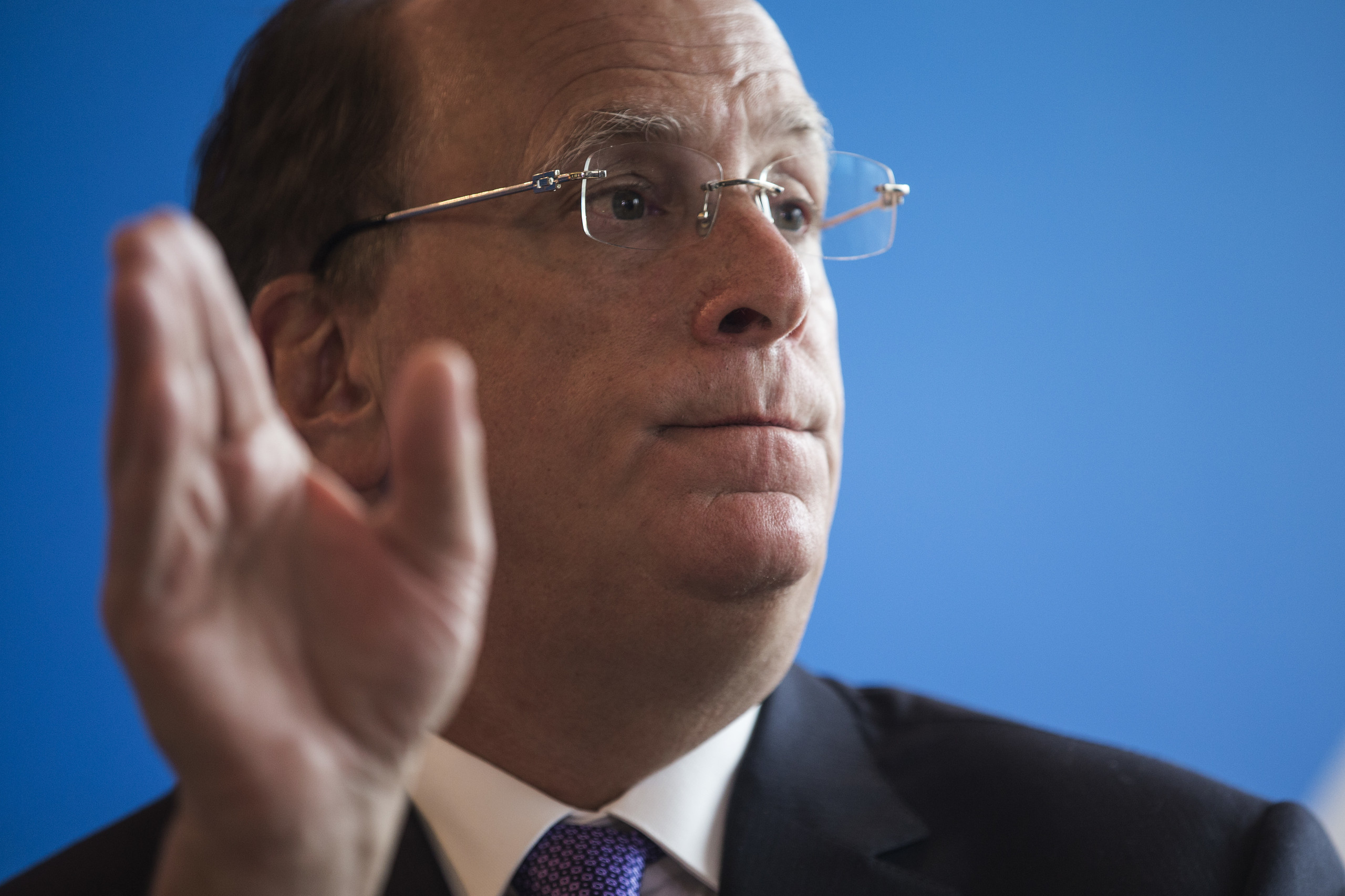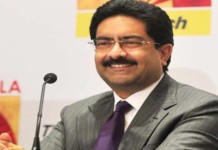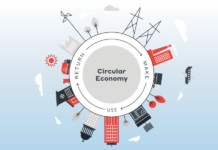
Excerpts of the letter:
Climate change has become a defining factor in companies’ long-term prospects. Last September, when millions of people took to the streets to demand action on climate change, many of them emphasized the significant and lasting impact that it will have on economic growth and prosperity – a risk that markets to date have been slower to reflect. But awareness is rapidly changing, and I believe we are on the edge of a fundamental reshaping of finance.
The evidence on climate risk is compelling investors to reassess core assumptions about modern finance. Research from a wide range of organizations – including the UN’s Intergovernmental Panel on Climate Change, the BlackRock Investment Institute, and many others, including new studies from McKinsey on the socioeconomic implications of physical climate risk – is deepening our understanding of how climate risk will impact both our physical world and the global system that finances economic growth.
Will cities, for example, be able to afford their infrastructure needs as climate risk reshapes the market for municipal bonds? What will happen to the 30-year mortgage – a key building block of finance – if lenders can’t estimate the impact of climate risk over such a long timeline, and if there is no viable market for flood or fire insurance in impacted areas? What happens to inflation, and in turn interest rates, if the cost of food climbs from drought and flooding? How can we model economic growth if emerging markets see their productivity decline due to extreme heat and other climate impacts?
Investors are increasingly reckoning with these questions and recognizing that climate risk is investment risk. Indeed, climate change is almost invariably the top issue that clients around the world raise with BlackRock. From Europe to Australia, South America to China, Florida to Oregon, investors are asking how they should modify their portfolios. They are seeking to understand both the physical risks associated with climate change as well as the ways that climate policy will impact prices, costs, and demand across the entire economy.
These questions are driving a profound reassessment of risk and asset values. And because capital markets pull future risk forward, we will see changes in capital allocation more quickly than we see changes to the climate itself.
In the near future – and sooner than most anticipate – there will be a significant reallocation of capital.
Climate Risk Is Investment Risk
As a fiduciary, our responsibility is to help clients navigate this transition. Our investment conviction is that sustainability- and climate-integrated portfolios can provide better risk-adjusted returns to investors. And with the impact of sustainability on investment returns increasing, we believe that sustainable investing is the strongest foundation for client portfolios going forward.
In a letter to our clients today, BlackRock announced a number of initiatives to place sustainability at the center of our investment approach, including: making sustainability integral to portfolio construction and risk management; exiting investments that present a high sustainability-related risk, such as thermal coal producers; launching new investment products that screen fossil fuels; and strengthening our commitment to sustainability and transparency in our investment stewardship activities.
Over the next few years, one of the most important questions we will face is the scale and scope of government action on climate change, which will generally define the speed with which we move to a low-carbon economy. This challenge cannot be solved without a coordinated, international response from governments, aligned with the goals of the Paris Agreement.
Under any scenario, the energy transition will still take decades. Despite recent rapid advances, the technology does not yet exist to cost-effectively replace many of today’s essential uses of hydrocarbons. We need to be mindful of the economic, scientific, social and political realities of the energy transition. Governments and the private sector must work together to pursue a transition that is both fair and just – we cannot leave behind parts of society, or entire countries in developing markets, as we pursue the path to a low-carbon world.
While government must lead the way in this transition, companies and investors also have a meaningful role to play. As part of this responsibility, BlackRock was a founding member of the Task Force on Climate-related Financial Disclosures (TCFD). We are a signatory to the UN’s Principles for Responsible Investment, and we signed the Vatican’s 2019 statement advocating carbon pricing regimes, which we believe are essential to combating climate change.
BlackRock has joined with France, Germany, and global foundations to establish the Climate Finance Partnership, which is one of several public-private efforts to improve financing mechanisms for infrastructure investment. The need is particularly urgent for cities, because the many components of municipal infrastructure – from roads to sewers to transit – have been built for tolerances and weather conditions that do not align with the new climate reality.
In the short term, some of the work to mitigate climate risk could create more economic activity. Yet we are facing the ultimate long-term problem. We don’t yet know which predictions about the climate will be most accurate, nor what effects we have failed to consider. But there is no denying the direction we are heading. Every government, company, and shareholder must confront climate change.
Improved Disclosure for Shareholders
We believe that all investors, along with regulators, insurers, and the public, need a clearer picture of how companies are managing sustainability-related questions. This data should extend beyond climate to questions around how each company serves its full set of stakeholders, such as the diversity of its workforce, the sustainability of its supply chain, or how well it protects its customers’ data. Each company’s prospects for growth are inextricable from its ability to operate sustainably and serve its full set of stakeholders.
The importance of serving stakeholders and embracing purpose is becoming increasingly central to the way that companies understand their role in society. As I have written in past letters, a company cannot achieve long-term profits without embracing purpose and considering the needs of a broad range of stakeholders.
A pharmaceutical company that hikes prices ruthlessly, a mining company that shortchanges safety, a bank that fails to respect its clients – these companies may maximize returns in the short term. But, as we have seen again and again, these actions that damage society will catch up with a company and destroy shareholder value.
By contrast, a strong sense of purpose and a commitment to stakeholders helps a company connect more deeply to its customers and adjust to the changing demands of society. Ultimately, purpose is the engine of long-term profitability.
Over time, companies and countries that do not respond to stakeholders and address sustainability risks will encounter growing skepticism from the markets, and in turn, a higher cost of capital. Companies and countries that champion transparency and demonstrate their responsiveness to stakeholders, by contrast, will attract investment more effectively, including higher-quality, more patient capital.
Important progress improving disclosure has already been made – and many companies already do an exemplary job of integrating and reporting on sustainability – but we need to achieve more widespread and standardized adoption. While no framework is perfect, BlackRock believes that the Sustainability Accounting Standards Board (SASB) provides a clear set of standards for reporting sustainability information across a wide range of issues, from labor practices to data privacy to business ethics.
We believe that when a company is not effectively addressing a material issue, its directors should be held accountable. Last year BlackRock voted against or withheld votes from 4,800 directors at 2,700 different companies. Where we feel companies and boards are not producing effective sustainability disclosures or implementing frameworks for managing these issues, we will hold board members accountable.
Given the groundwork we have already laid engaging on disclosure, and the growing investment risks surrounding sustainability, we will be increasingly disposed to vote against management and board directors when companies are not making sufficient progress on sustainability-related disclosures and the business practices and plans underlying them.
Annual Letter https://www.blackrock.com/corporate/investor-relations/larry-fink-ceo-letter









